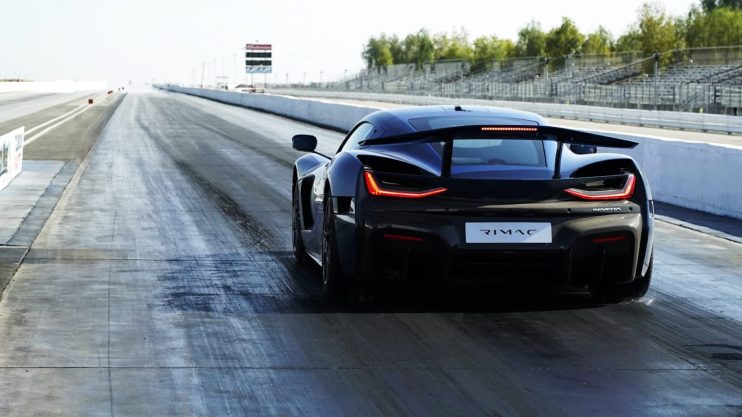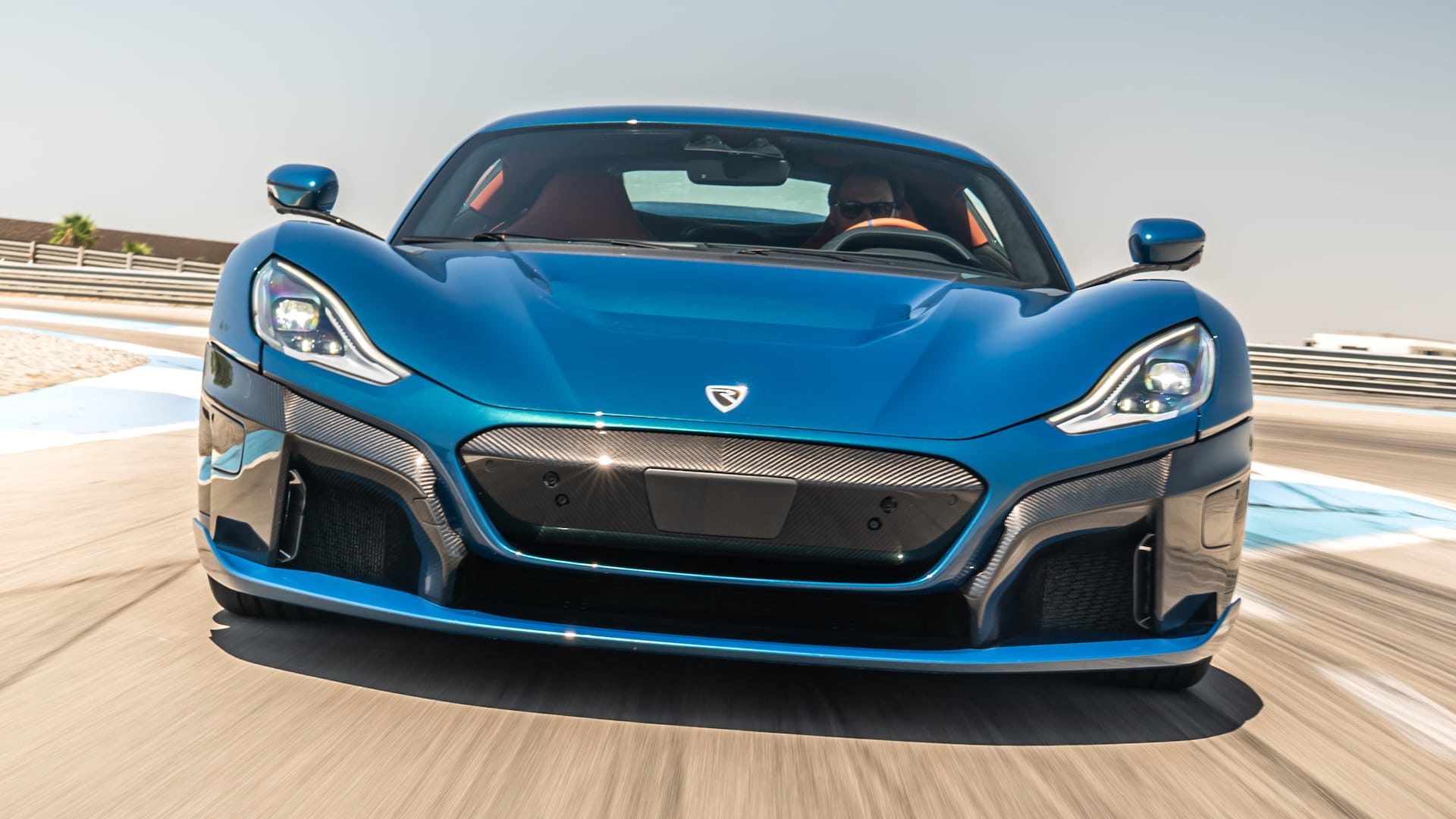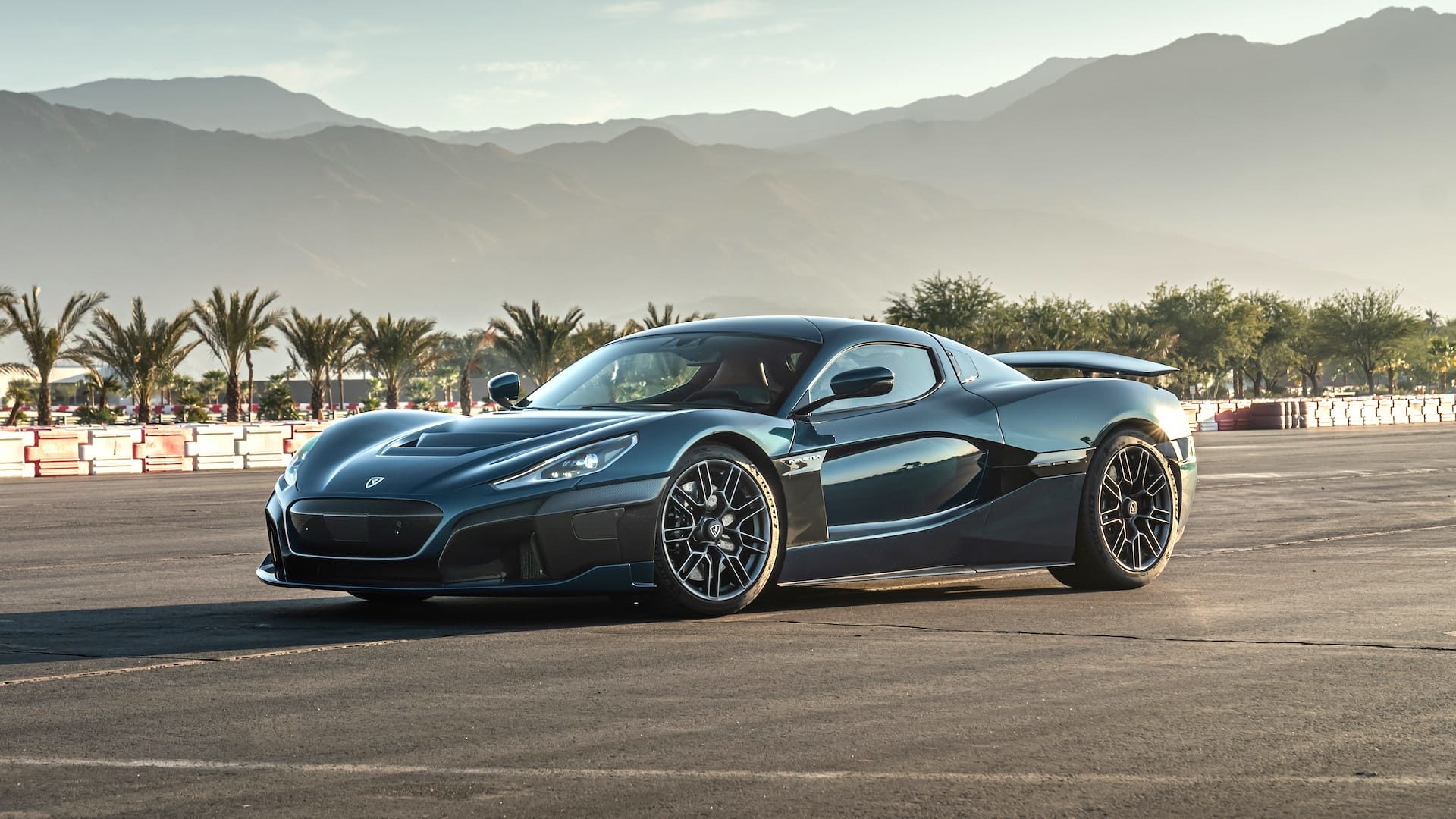Official: Rimac Nevera is the world’s fastest accelerating car

The Rimac Nevera has set a new world record for acceleration. At the Famoso Raceway drag-strip in California, the all-electric hypercar covered a standing quarter-mile in just 8.852 seconds
Its terminal speed as it crossed the quarter-mile marker was 167.51 mph.
This allowed the 1,914 hp Rimac to officially claim the title of being the world’s fastest accelerating production car.
Going beyond Plaid

The previous production car quarter-mile record of 9.247 seconds was set by the electric Tesla Model S Plaid earlier this year. However, the Rimac packs almost 900 horsepower more than Elon Musk’s latest effort.
Four separate electric motors (one for each wheel), launch control and Rimac’s All-Wheel Torque Vectoring 2 system allow for instantaneous acceleration. To ensure the performance runs would count towards official production car records, the Nevera also used standard Michelin Pilot Sport 4S tyres.
For comparison, the 1,500 hp Bugatti Chiron Sport is the closest combustion-engined rival to the Nevera. It clocks the quarter-mile in a distant 9.4 seconds.
More to come from the Nevera

Rimac had previously set an unofficial quarter-mile time earlier this year, while testing in its home country of Croatia. Even with the Nevera now independently verified as a record breaker, Rimac promises software updates will supply yet more performance.
Speaking about the new record, company founder and CEO Mate Rimac said: “The Nevera is about so much more than speed. With the largest battery pack ever fitted to a production car, it can travel 340 miles on a single charge”.
He added: “With in-house-developed Rimac All-Wheel-Torque Vectoring 2, it’s as agile as it is fast, and with electrically adjustable dampers and active aerodynamics it’s comfortable and quiet on a cruise, and a performance machine on a track”.
Rimac will make 150 examples of the Nevera. Production takes place in the same facility as the closely related Pininfarina Battista hypercar.
John Redfern writes for Motoring Research